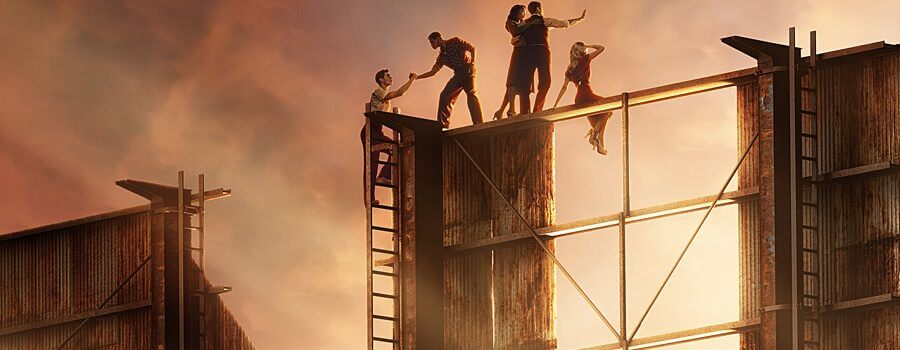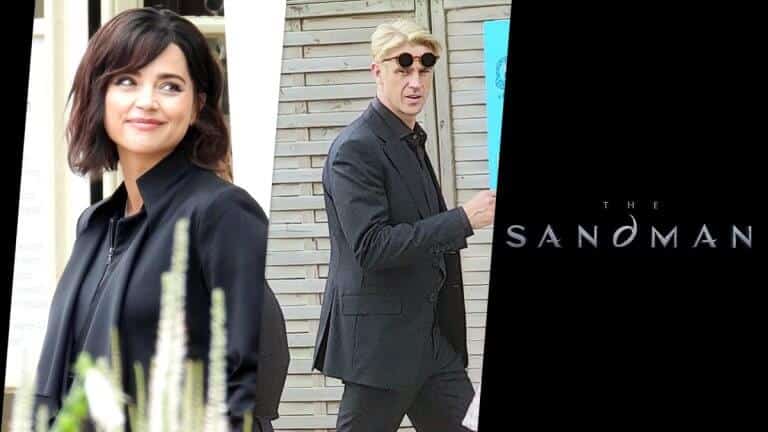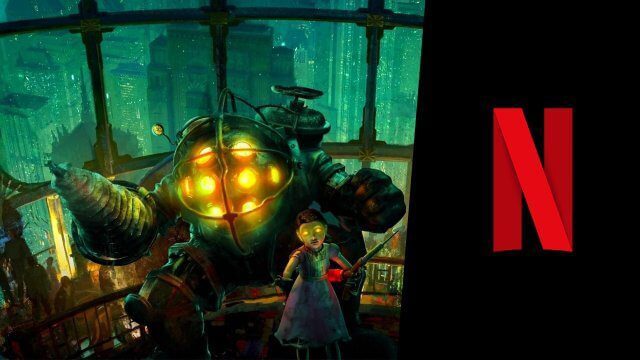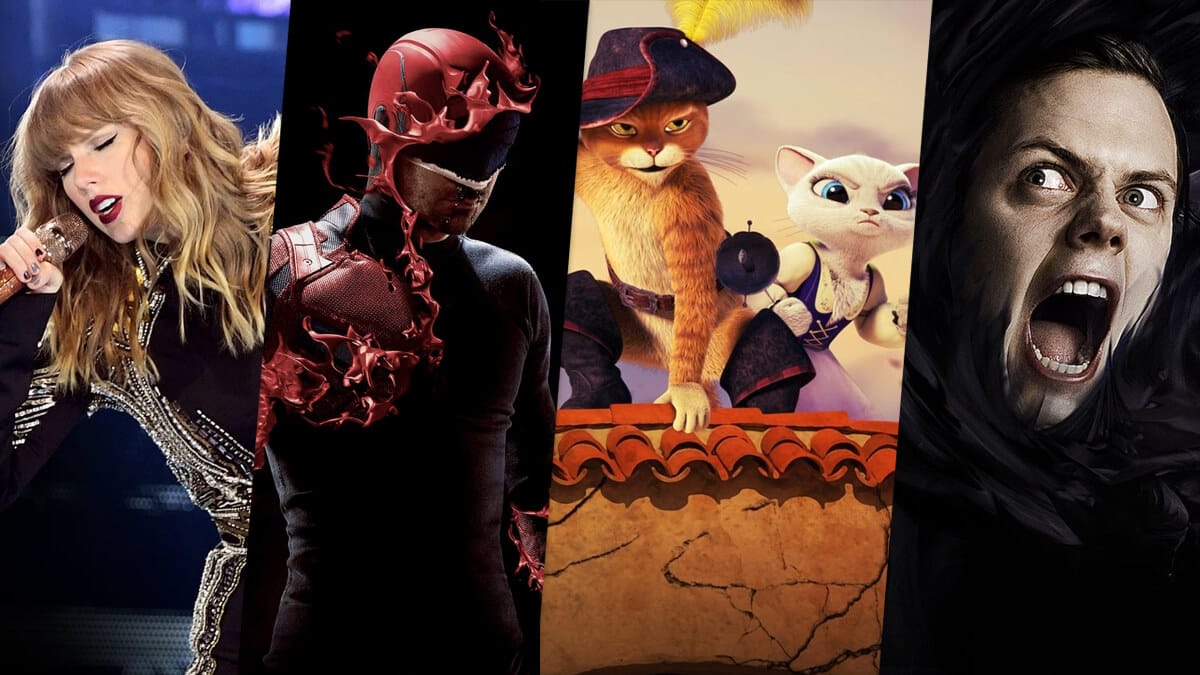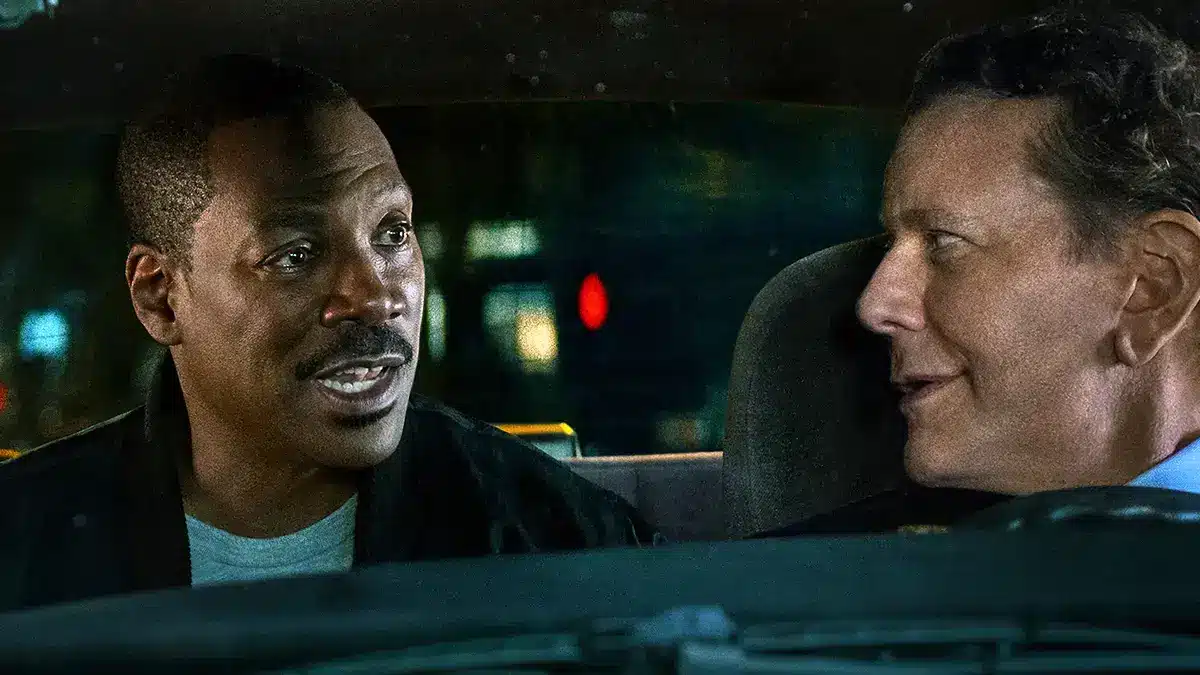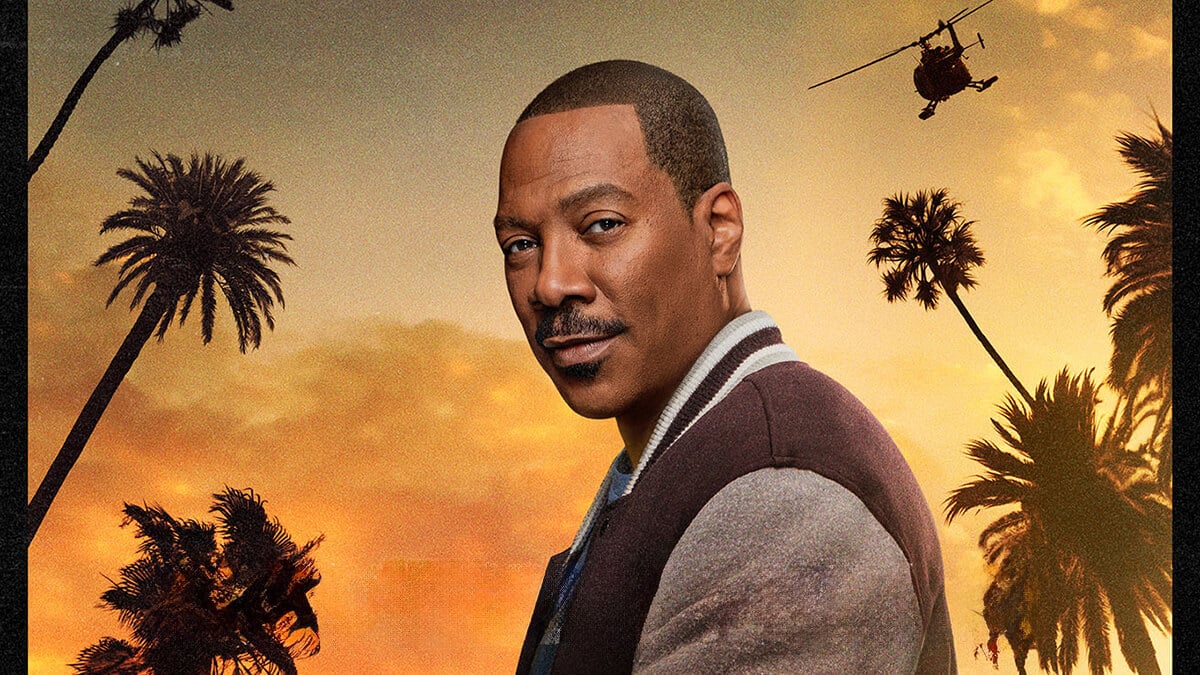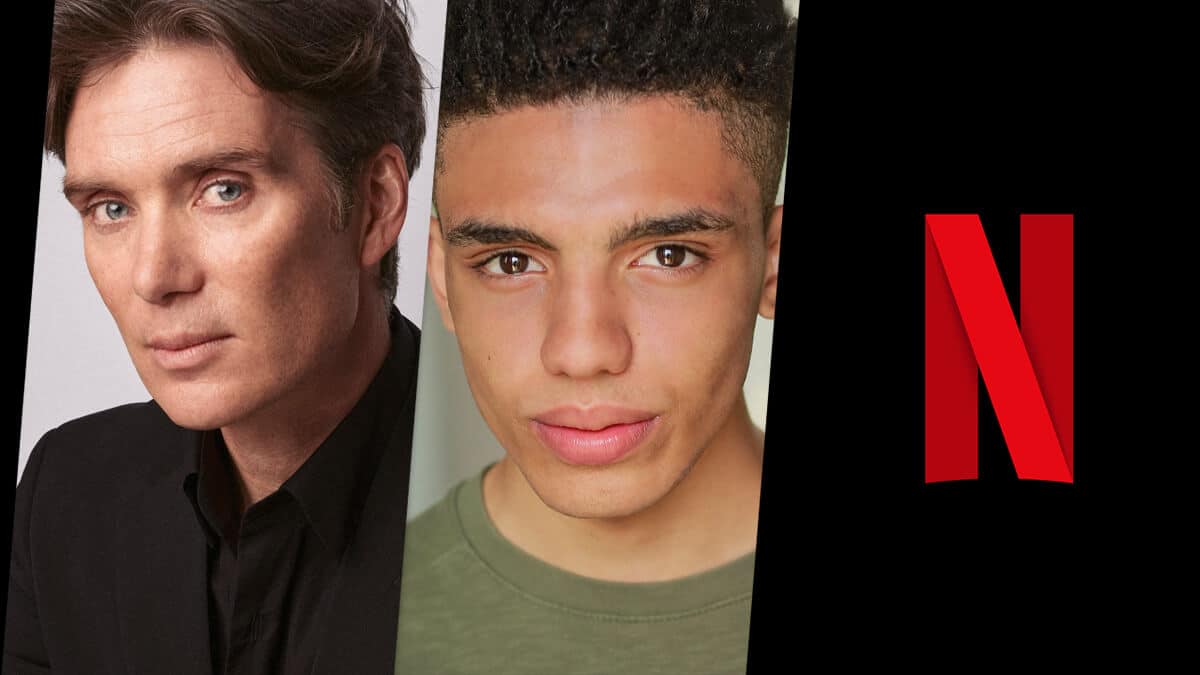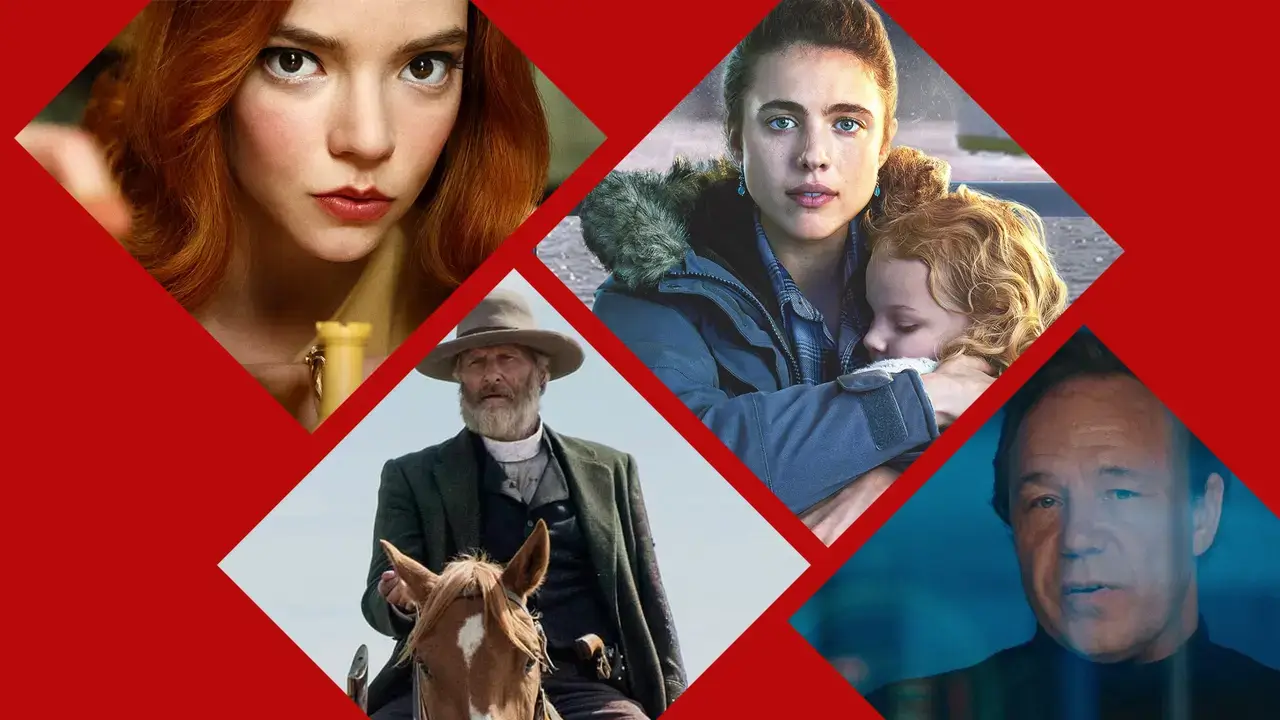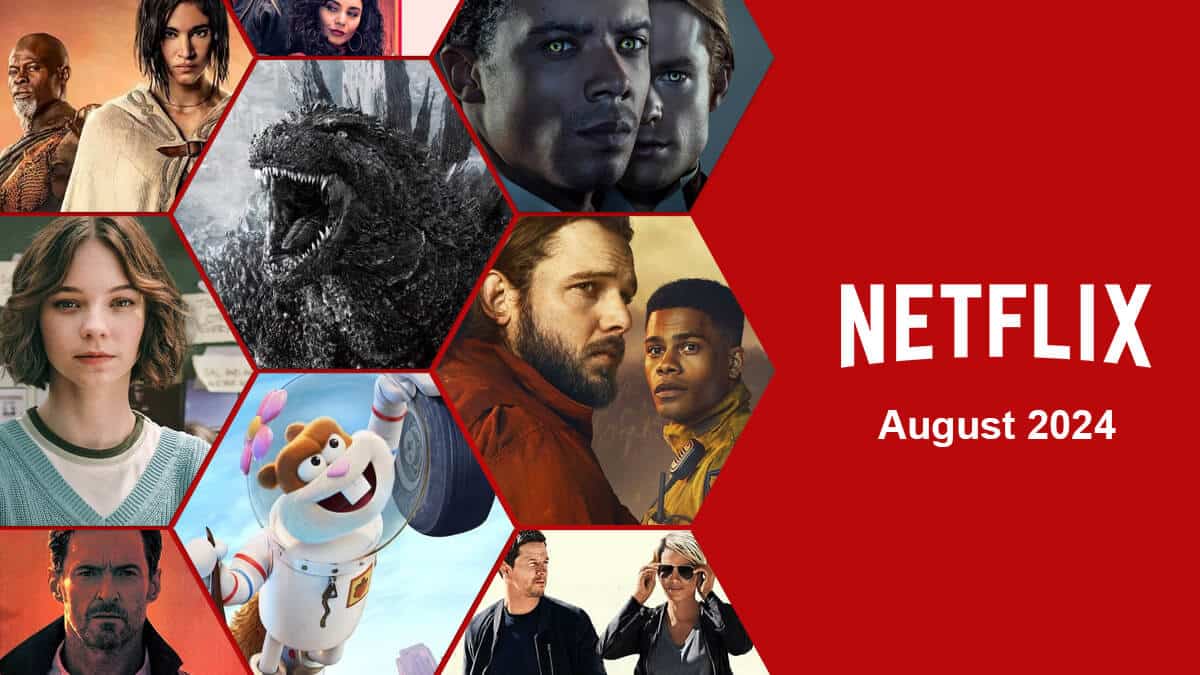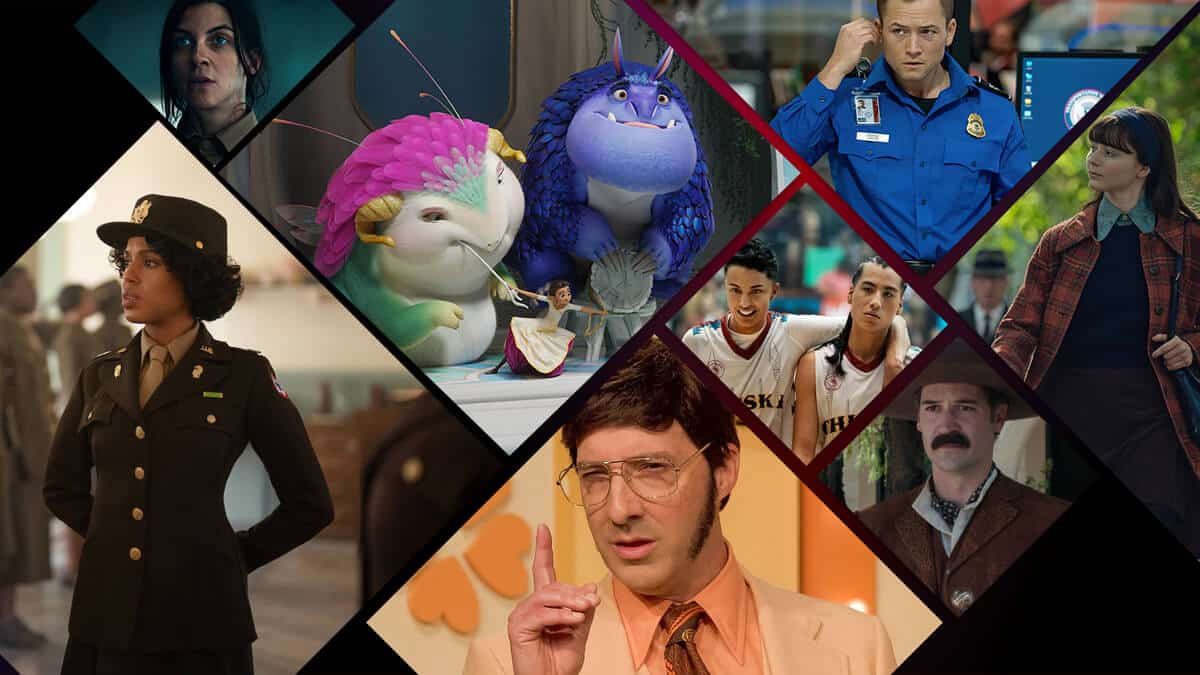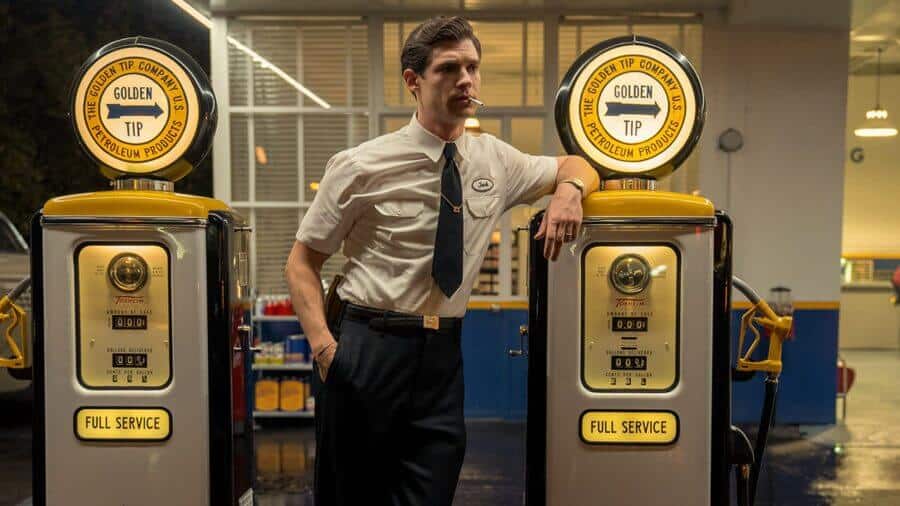
Hollywood – Picture: Netflix
Hollywood is the first Original series to come from producer Ryan Murphy’s content deal from Netflix. The show, which landed just over a fortnight ago, was promoted with much fanfare and jazz hands by Netflix. And yet, it somehow missed the spot. One of our regular contributors, Melissa Taylor, shares her thoughts.
It didn’t take long for viewers to start poking holes in Ryan Murphy’s “love letter to Tinseltown”. However, it would be unfair (and untrue) to disregard Hollywood as a complete flop. The series has gained a respectable 7.7 on IMDB and a 78% approval rating from audiences on Rotten Tomatoes. It has also spent the last fortnight in Netflix’s top ten most popular list. However, the Rotten Tomatoes critics’ rating of 58% is perhaps more telling: Hollywood is decidedly not fresh.
With Hollywood, Murphy wanted to rewrite history, creating an alternative narrative where queer, BAME, and female characters receive the attention and respect they deserve. And technically, yes, that is what the finale achieves. But is Hollywood more of a vanity project than an actual force for good?
You can’t doubt Murphy’s good intentions. His filmography shows that he wants to advocate for authentic portrayals of under-represented groups. But, creating a fictional past does nothing to increase equality in 2020.
A true story? Not quite
In some respects, Hollywood is authentic. The series cameos many real-life characters, including movie stars like Hattie McDaniel and Vivien Leigh (both Gone With The Wind). It also draws on many real stories from the Golden Age of Hollywood. A man called Scotty Bowers ran an escort service out of a gas station. And director George Cukor’s parties really were as legendary as they were debauched.
However, Hollywood just doesn’t have the required depth of character. While there’s a nod to a backstory, these aren’t all that detailed. Some are even shallow, and lazy.
Camille (Laura Harrier) is our leading lady, yet all we know about her is that she’s dating Raymond (Darren Criss). Rock Hudson was a successful movie star in real life, but in Hollywood he’s the stereotypical pretty-but-silly beefcake, dumbed down to a caricature.
It’s not all bad. Every scene with Avis Amberg and Ellen Kincaid (Patti LuPone and Holland Taylor, respectively) is a delight to watch. These two older female characters are unique, vivacious, and anything but invisible. But, this isn’t enough to carry the series. Hollywood’s characters aren’t authentic: Murphy’s characterisation stops at ‘gay’, ‘old’, and ‘black’. We don’t need another two-dimensional series, thanks.
Too much glamour?
Overall, Hollywood lacks dramatic tension. Everything’s just a little too simple; a little too shiny and pleasant.
Murphy wants us to believe that these characters are striking out to change history in an era of prejudice. Let’s not forget that in the period Hollywood is set, homosexuality was still illegal and public spaces were segregated to exclude black people. Other than a few Molotov cocktails and some photographers refusing to take Rock and Archie’s picture, there are very few repercussions for these characters. It’s simply not believable. In 2020, people are still being shamed and assaulted for who they are. In the 1940s, things would have been even worse.
Many of the characters are also a little too nice, and let off far too easily. For example, the series features several mentions of Raymond’s ability to pass as white. Because he doesn’t look half-Filipino, Archie and Camille argue that he doesn’t fully understand the prejudice experienced by people of color. However, because he’s a ‘good guy’ he seems to get away without ever understanding his blunder. The series is missing a more intense moment where he gets schooled by Camille and Archie.
Additionally, the character of Henry Wilson is problematic. He’s a systematic abuser, preying on young men and in particular, Rock’s struggle with his sexuality. But, that’s all forgotten because he decides to be good at the end. If Murphy is trying to teach us a lesson on morality, he’s clearly got it wrong.
An unhappy ending
Despite these issues, Hollywood has just about enough meat to keep viewers interested throughout. The ending, though, doesn’t just fall flat: it leaves a sour taste.
The ease with which the characters achieve their goals feels insulting. Like if only queer and BAME people had tried a bit harder in the 1940s, they could have achieved true equality by now. If only women had put their foot down, they wouldn’t have been disregarded so long.
There’s also a sense of disappointment. With Hollywood‘s finale, Murphy has created a utopia. If the next 80 years of history had just continued from this point, society would be in a great state in 2020, with no injustice and equal representation for all. But that’s the problem with creating an alternative history: it doesn’t exist.
While we’ve progressed a great deal since the 1940s, the world still has a lot of work to do. Hollywood leaves you feeling a little cold at how far we haven’t come. Twenty-twenty certainly isn’t a utopia.
What did you think about Ryan Murphy’s Hollywood? What could he have done better? Let us know your opinion in the comments.
